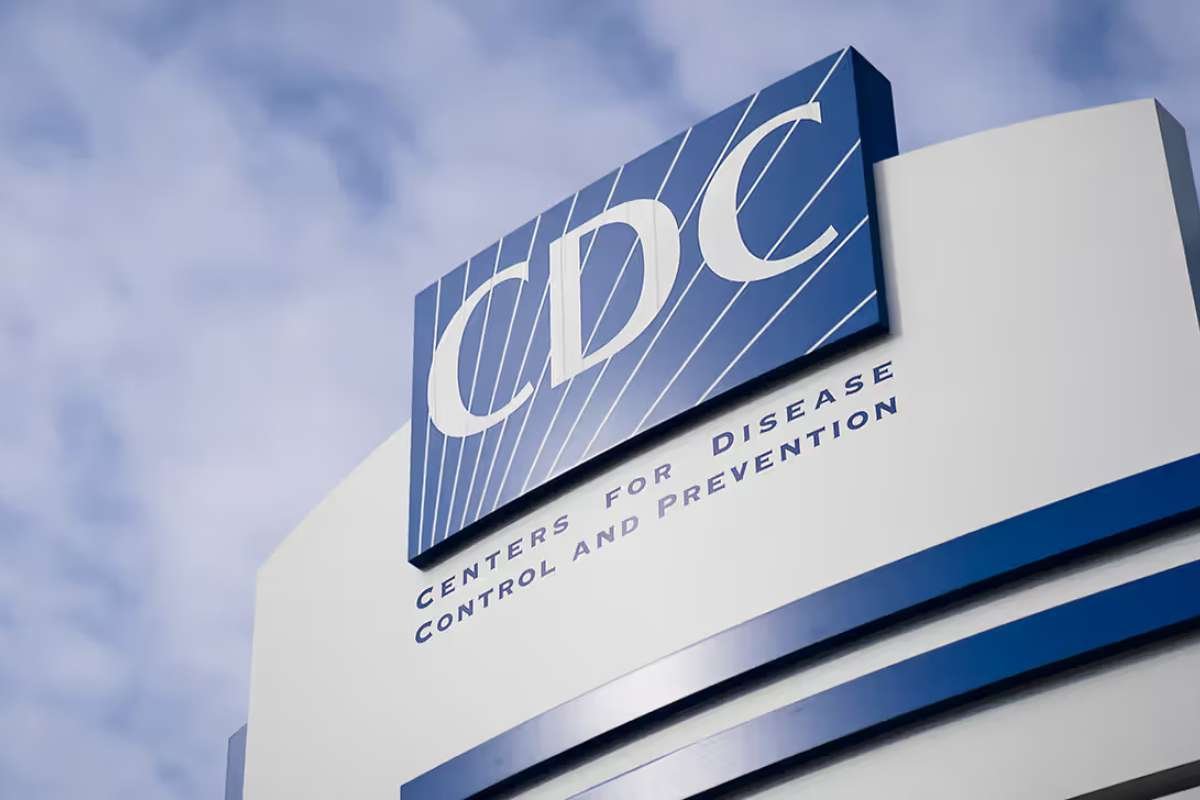Key Points:
- CDC reviews childhood vaccine safety.
- Focus on aluminum and ingredients.
- Sparks public debate.
The Centers for Disease Control and Prevention (CDC) announced Thursday that its vaccine advisory panel will conduct a CDC vaccine review focusing on the safety and timing of childhood immunizations, including the use of aluminum and other ingredients in commonly administered shots.
According to a document posted on the agency’s website, a work group within the Advisory Committee on Immunization Practices (ACIP) will collect and evaluate data as part of a multi-year effort. The review aims to inform future recommendations on vaccine scheduling, ingredients, and the use of emerging vaccine technologies.
The initiative comes amid renewed political attention to vaccine safety. Three weeks earlier, President Donald Trump said his administration was working to remove aluminum from vaccines and suggested the current vaccine schedule could be linked to autism—an idea repeatedly rejected by scientific research.
During a Cabinet meeting on Thursday, Trump said childhood shots should be given “in smaller doses,” claiming they are “double the size of a glass of water.” Acting CDC Director Jim O’Neill later called on manufacturers to produce “safe monovalent vaccines to replace the combined MMR,” referencing the measles, mumps, and rubella vaccine.
Panel begins multi-year study
The CDC vaccine review document outlines several areas of focus, including the timing and sequence of vaccinations, concurrent administration of multiple shots, and the safety of ingredients used across vaccines. It also calls for comparisons between U.S. vaccine schedules and those of other countries.
The review will consider how potential changes might affect health systems and specific populations, such as premature infants or children with weakened immune systems. The group may consult external experts as needed, the document said.
ACIP regularly convenes work groups to evaluate scientific data and draft recommendations for committee votes. In June, Health Secretary Robert F. Kennedy Jr. replaced the panel’s members with new appointees who have expressed skepticism toward vaccines.
Focus on vaccine ingredients
A key focus of the CDC vaccine review will be aluminum adjuvants—ingredients that enhance the body’s immune response to vaccines. Nearly half of vaccines recommended for children contain aluminum salts, which allow for fewer doses and smaller quantities of active ingredients.
Vaccine opponents have long claimed aluminum contributes to rising rates of autism and chronic illness, though extensive research has found no causal link.
A 2022 observational study by Kaiser Permanente and the CDC found a small association between aluminum exposure and persistent asthma. Researchers, however, noted limitations in the data, including unmeasured factors such as family history or environmental influences.
The CDC acknowledged the findings on its website and called for “further investigation” but did not alter its vaccination guidelines based on a single study.
A separate study published in July involving more than one million Danish children found no association between aluminum exposure from vaccines and an increased risk of chronic or neurodevelopmental disorders such as autism or ADHD.
Public health experts react
Public health professionals said the CDC vaccine review may reignite public debate over vaccine safety, even as most scientific evidence continues to support existing practices.
“I could see them focusing on specific ingredients — it used to be thimerosal, now I’m concerned that we’re looking at things like aluminum adjuvants, [for] which we don’t have any evidence of harm,” said Jessica Steier, a public health expert specializing in science communication.
Dr. Paul Offit, a vaccine researcher and pediatrician, said earlier this year that the abundance of published studies allows selective citation of research to support particular narratives. “I just think science is losing its place as a source of truth,” he said.
The CDC document states that the panel’s work will be guided by current and future studies and that any adjustments to the vaccine schedule will be based solely on scientifically validated evidence from the CDC vaccine review.







